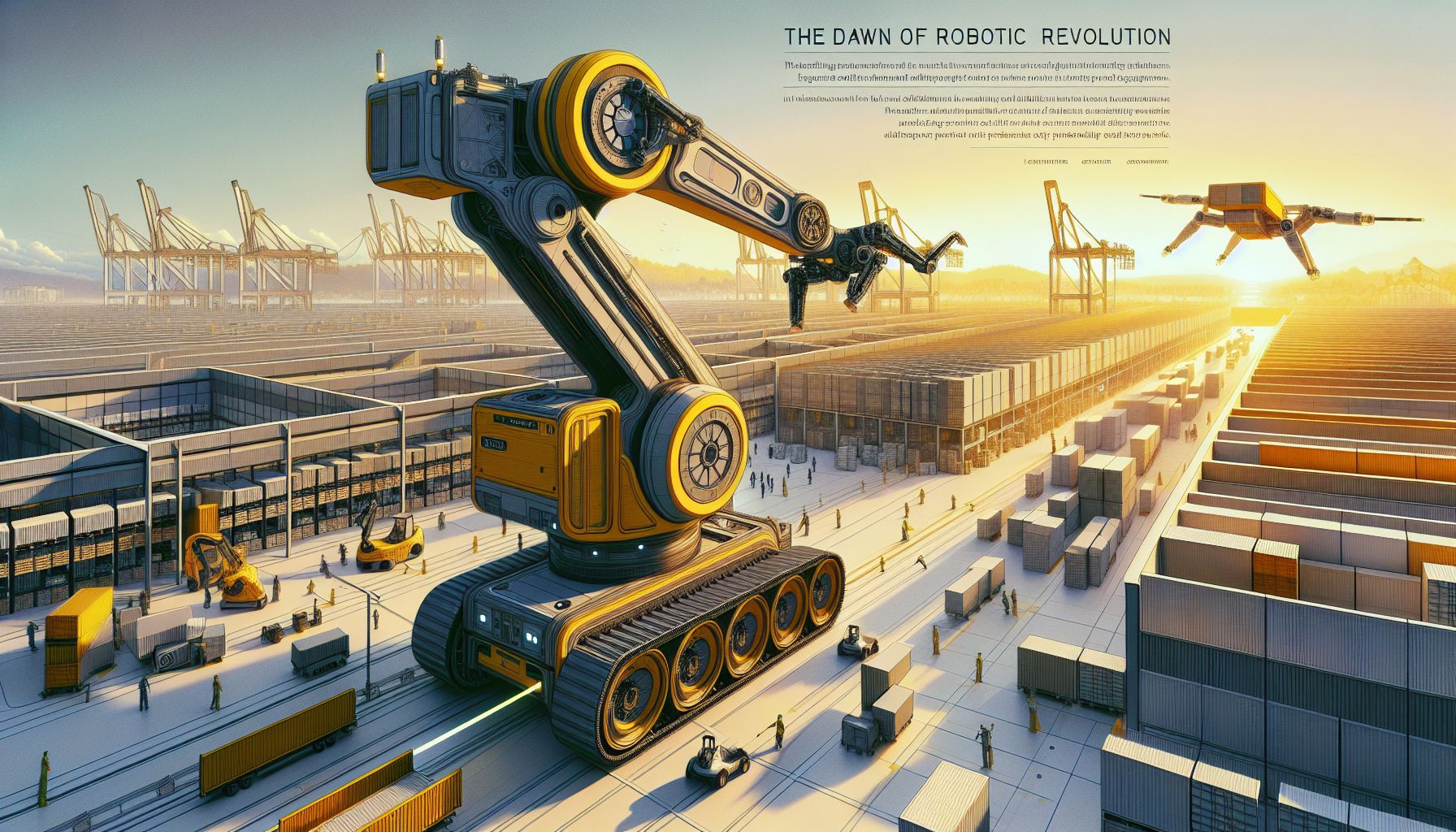Robotic Revolution: Carti Series Set to Transform Warehouse Logistics

Rotterdam, Friday, 25 October 2024.
Bear Robotics unveils the Carti 100, a groundbreaking robot poised to revolutionize warehouse operations. This innovation promises to triple productivity, slash labor costs, and seamlessly integrate with existing systems. As logistics adapts to modern supply chain demands, Carti leads the charge in redefining material handling efficiency.
Introducing the Carti 100
Bear Robotics, headquartered in Redwood City, California, has introduced the Carti 100 robot, marking a significant advancement in warehouse automation. This robot is part of the Carti series, designed to address modern logistical challenges by enhancing productivity and reducing labor costs. John Ha, CEO and co-founder of Bear Robotics, emphasizes the company’s commitment to setting new standards in material handling and logistics efficiency. The Carti 100 is engineered to meet the dynamic needs of supply chains, ensuring that businesses can swiftly adapt to changing market demands[1].
How Carti Works
The Carti 100 operates using a centralized control system, which orchestrates up to 100 robots to ensure smooth integration and collaboration across warehouse operations. This system is compatible with Warehouse Management Systems (WMS) and smart devices, allowing for a seamless workflow. The robots are designed with customizable features such as adjustable shelves, smart conveyor belts, and advanced signal lighting, enabling them to efficiently move items to designated unloading areas. This minimizes handling time and maintains production schedules, thereby enhancing overall operational efficiency[2].
Benefits and Industry Impact
The deployment of the Carti series represents a pivotal shift towards automation in logistics, with potential productivity improvements of up to three times. By handling up to 70% of material tasks, these robots significantly reduce labor costs and improve safety within warehouse environments. The automation provided by Carti robots aligns with the broader trend of digital transformation in supply chain management, offering companies a strategic advantage in a competitive market. With a projected compound annual growth rate (CAGR) of 15% for automation in logistics by 2024, the Carti series positions Bear Robotics at the forefront of this technological evolution[3].
Future Prospects
Looking ahead, the role of robotics in logistics is expected to expand significantly. As companies like Bear Robotics continue to innovate and refine their technologies, the integration of robots into warehouse operations will likely become more prevalent. This transformation not only enhances efficiency but also fosters a collaborative environment where human workers and machines operate in synergy. The Carti 100 is a testament to the potential of robotics to revolutionize industry practices, setting a precedent for future advancements in the logistics sector[4].

